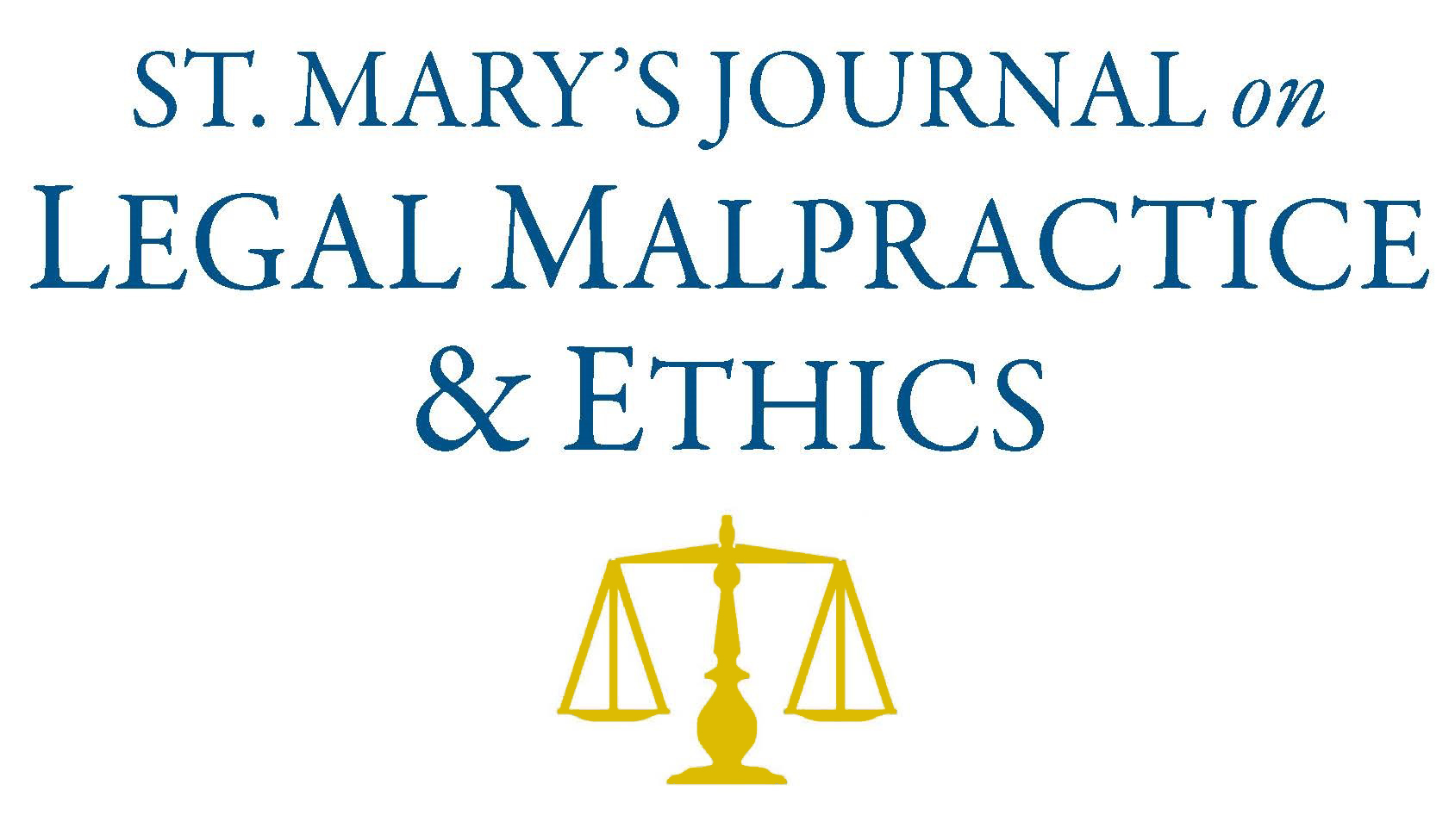
First Page
76
Date Created
1-1-2016
Publisher
St. Mary's University School of Law
Last Page
118
Abstract
The United States Supreme Court has recognized circumstances in which the probability of judicial bias requiring disqualification or recusal is “too high to be constitutionally tolerable.” At the same time, the Texas Constitution contains a number of provisions barring a judge from presiding over a case under specific circumstances, while statutes and procedural rules either disqualify a judge or require him or her to be recused. Thus, whether a particular judge may preside over a given criminal case may be questioned under the Due Process Clause, the Texas Constitution, statue, or the rules of procedure. This Article will examine the applicable constitutional, statutory, and procedural rules that determine whether a particular judge may preside over a specific criminal case in Texas.
Recommended Citation
Edward L. Wilkinson,
Judicial Disqualification and Recusal in Criminal Cases,
6
St. Mary's J. on Legal Malpractice & Ethics
76
(2016).
Available at:
https://commons.stmarytx.edu/lmej/vol6/iss1/3
Included in
Judges Commons, Legal Ethics and Professional Responsibility Commons, Legal Remedies Commons

